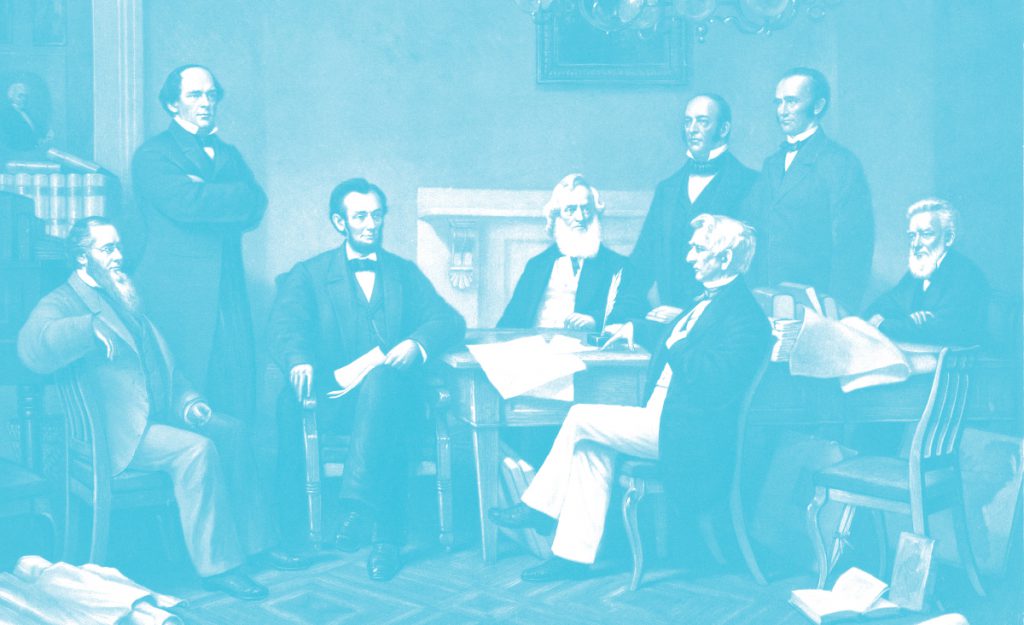Ripple Effects
Mentors are crucial to avoiding bad Judgments and making good ones. This article explains just some of the reasons why.
THE SUM OF JUDGMENT

Adapted from: nytimes.com/2017/08/18/jobs/deciding-when-a-mentor-is-a-mentor.html
From The Judgment of Leadership to the Leadership of Judgment: The Fallacy of Heroic Decision Making by Thomas H. Davenport and Brook Mayard. December I2, 2012;
Mentoring to Develop Strategic Leaders by Michael Miloff and Lois J. Zachary. Monday, April 09, 2012
In a memorable episode of the classic show Seinfeld, the feckless George Costanza couldn’t seem to get a handle on what exactly “a mentor” is. “The mentor advises the protégé,” Jerry offered. “Is there any money involved?” a mystified George wondered. “What’s in it for the mentor?” He couldn’t fathom the parameters of this relationship.
And really, who can blame him? “Find a mentor” is career-advice boilerplate. Yet the precise characteristics and obligations that attach to the idea are seldom defined, let alone formalized.
Not to draw too many life lessons from notoriously self-cen- tered sitcom characters, but the confusion about the point of “a mentor” on Seinfeld may be instructive. In real life, many people definitely overthink it, fretting about how to find and cultivate the perfect mentor, lamenting potential mentors lost or worrying about mentors who just seem insufficiently … mentor-ish. Maybe we’d be better off to leave the word aside and simply focus on cultivating helpful professional relationships with people whose views we value, a much more straightforward proposition.
In Thinking Fast and Slow, Nobel Prize winner Daniel Kahneman reminds us that humans are constantly at risk of making irrational decisions, especially under stress, time pressures, and information uncertainty. At the same time, the ability to quickly grasp the right action to take is crucial. Being able to check, harness, and manage one’s knowledge, intuition, and emotions is critical to good Judgment and leadership.
Even visionary leaders improve their decision making with others beyond themselves. George Washington relied upon a council of advisors during the Revolutionary War and reapplied that concept when he innovated the President’s Cabinet. Abraham Lincoln also constructed and skillfully managed a “team of rivals” in his Cabinet, who not only challenged each other in developing policy and decisions for conducting the Civil War, but also sometimes took on Lincoln himself in important decisions.
Mentors and advisors can hold up a mirror and help mentees analyze their decision-making patterns and understand their strengths, weaknesses, and the factors that influence them.
“Good Judgment comes from experience, and a lot of that comes from bad Judgment.”
WILL ROGERS